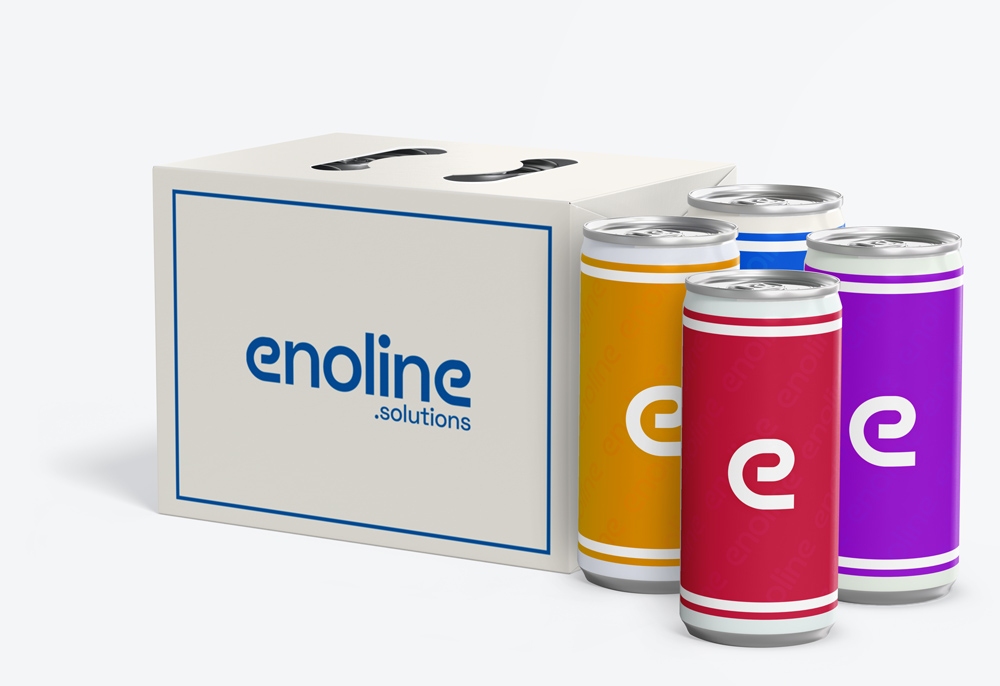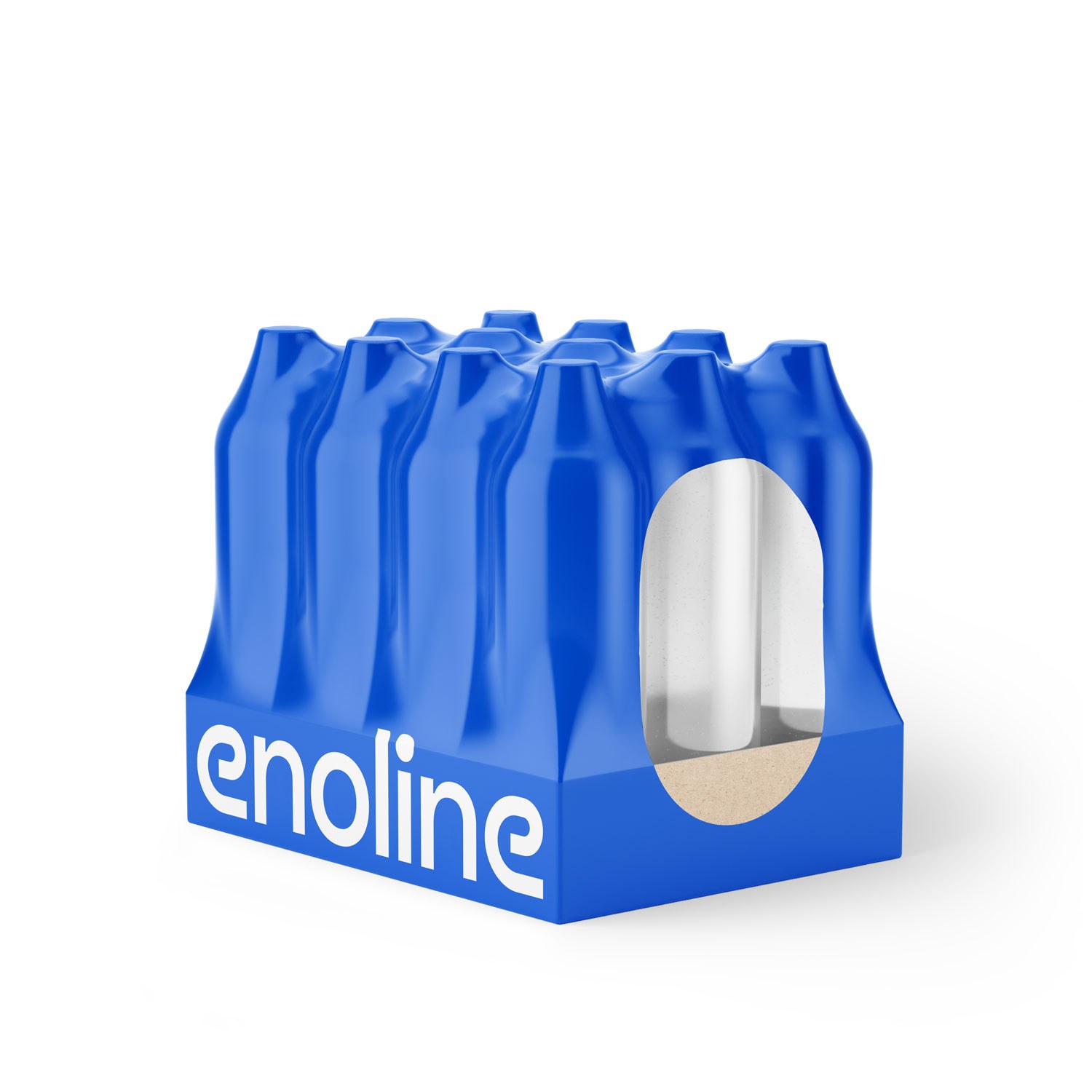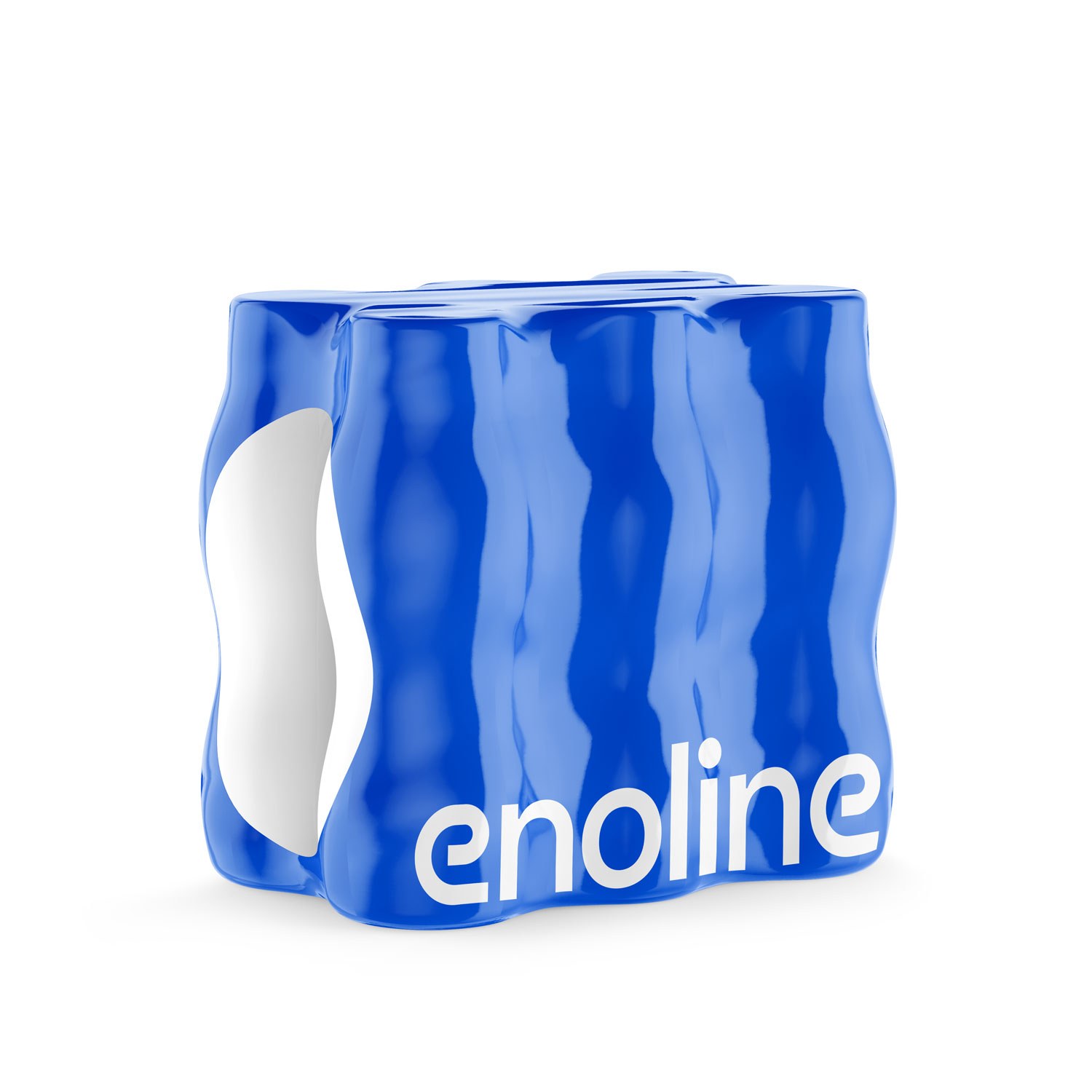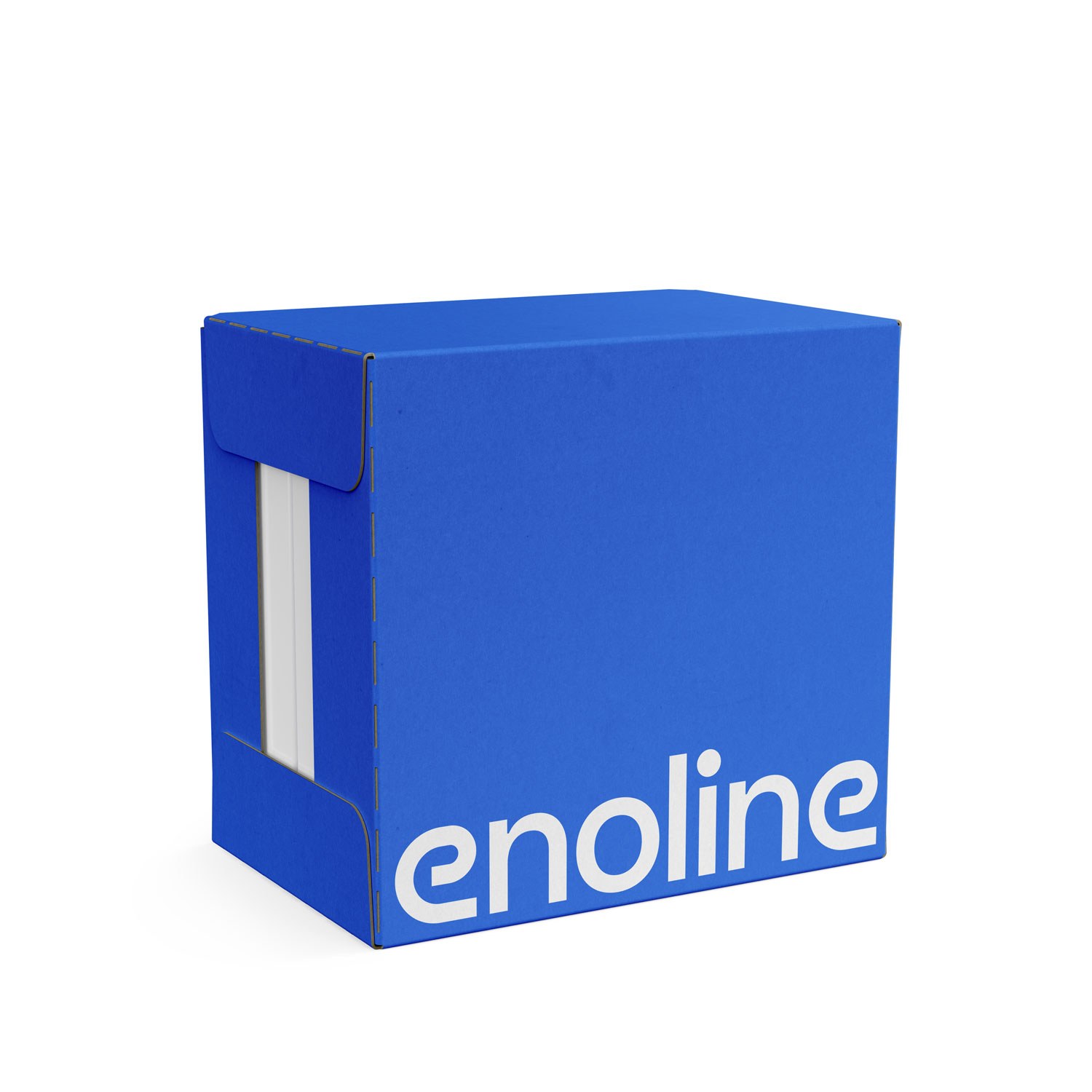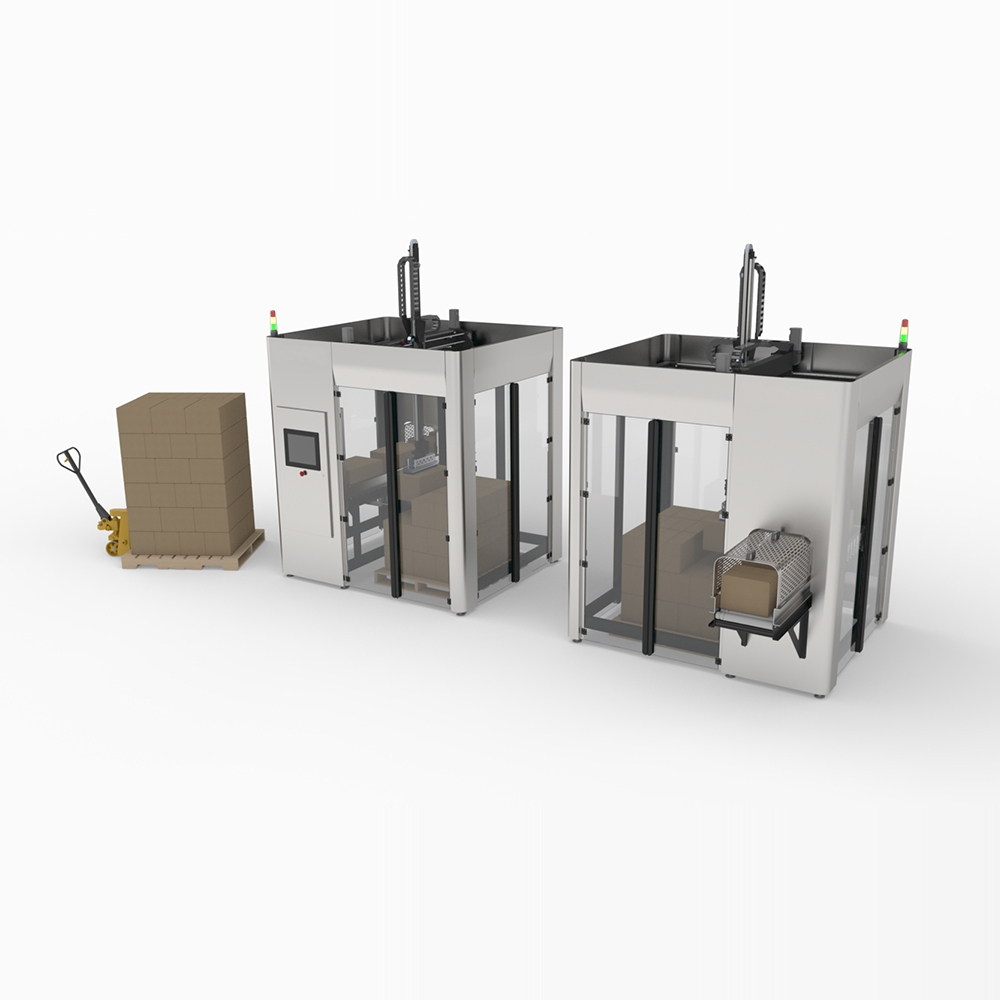June 24th
Mastering Packaging Machinery Types, Uses, and Benefits
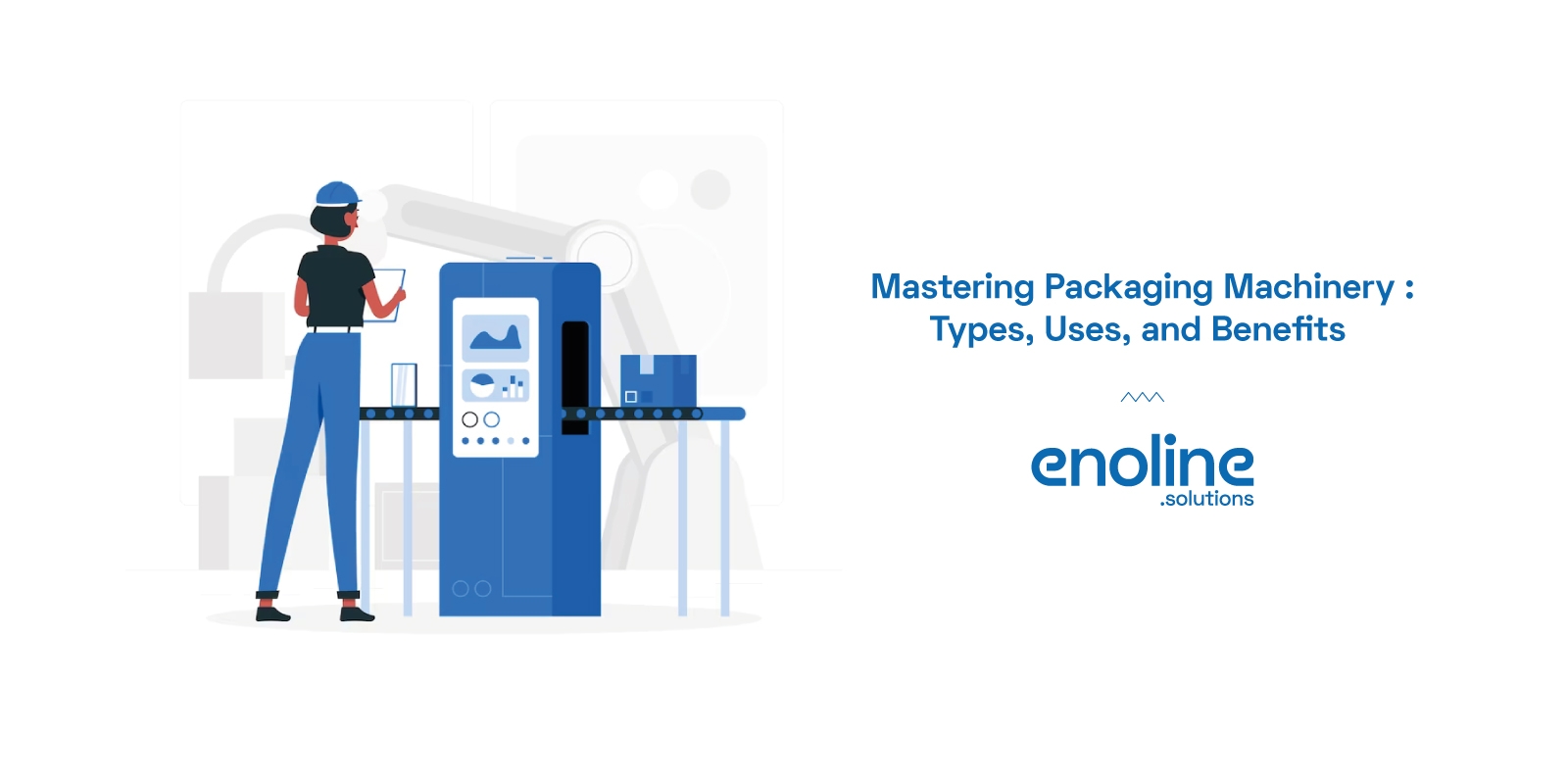
Packaging machinery plays a vital role in the production and distribution of goods across various industries. These machines automate the process of packaging products, enhancing efficiency, consistency, and safety. In this article, we'll explore the different types of packaging machinery, their applications, and the benefits they offer.
What is Packaging Machinery?
Packaging machinery refers to a wide range of equipment used to automate the packaging process. These machines handle tasks such as filling, sealing, labeling, wrapping, and palletizing products. The goal is to ensure products are securely packaged for storage, distribution, and sale.
Types of Packaging Machinery
There are several types of packaging machinery, each designed for specific tasks. Understanding these types can help businesses choose the right equipment for their needs.
Filling Machines
Filling machines are used to dispense products into containers. They can handle various types of products, including liquids, powders, granules, and solids. Common types of filling machines include:
• Liquid Fillers: Used for beverages, oils, and other liquid products.
• Powder Fillers: Designed for flour, spices, and other powdered products.
• Granular Fillers: Suitable for rice, sugar, and similar products.
Sealing Machines
Sealing machines ensure that packages are securely closed to protect their contents. Different sealing methods are used depending on the packaging material and product requirements. Common types of sealing machines include:
• Heat Sealers: Use heat to seal plastic bags and films.
• Vacuum Sealers: Remove air from the package before sealing, extending shelf life.
• Induction Sealers: Use electromagnetic induction to seal containers with foil liners.
Labeling Machines
Labeling machines apply labels to packages or products. They can handle various label types, including adhesive labels, shrink sleeves, and wrap-around labels. Labeling machines are essential for product identification, branding, and compliance with regulations.
Wrapping Machines
Wrapping machines cover products with a layer of material, such as plastic film, to protect and bundle them. Common types of wrapping machines include:
• Stretch Wrappers: Wrap stretch film around pallets for stability during transport.
• Shrink Wrappers: Use heat to shrink plastic film around products, providing a tight seal.
• Flow Wrappers: Wrap products in a continuous film that is sealed on the edges.
Palletizing Machines
Palletizing machines stack and arrange products on pallets for storage and shipping. These machines can handle various configurations and product types, improving efficiency and reducing labor costs.
Applications of Packaging Machinery
Packaging machinery is used across numerous industries to improve the packaging process. Here are some common applications:
Food and Beverage Industry
In the food and beverage industry, packaging machinery is used to fill, seal, label, and wrap products such as beverages, snacks, dairy products, and ready-to-eat meals. These machines ensure hygiene, extend shelf life, and enhance product appeal.
Pharmaceutical Industry
Packaging machinery in the pharmaceutical industry ensures that medicines are packaged accurately and safely. Machines fill, seal, and label vials, bottles, blister packs, and cartons, maintaining product integrity and compliance with regulations.
Cosmetics Industry
The cosmetics industry relies on packaging machinery to fill and seal products like creams, lotions, and perfumes. Labeling machines ensure that each product is properly branded and compliant with industry standards.
Automotive Industry
In the automotive industry, packaging machinery is used to package parts and components, protecting them from damage during transport and storage. Palletizing machines play a crucial role in efficiently stacking and organizing these items.
Consumer Goods Industry
Consumer goods such as electronics, toys, and household products are packaged using various types of packaging machinery. These machines improve the speed and accuracy of the packaging process, ensuring products are ready for retail.
Benefits of Packaging Machinery
Implementing packaging machinery in your production process offers numerous advantages:
Increased Efficiency
Automating the packaging process significantly speeds up production, reducing the time and labor required to package products.
Consistency and Quality
Packaging machinery ensures uniformity and precision, resulting in consistently high-quality packaging. This consistency is crucial for brand image and customer satisfaction.
Cost Savings
While the initial investment in packaging machinery can be high, the long-term cost savings from reduced labor costs, increased production speed, and minimized material waste are substantial.
Enhanced Safety
Automating packaging tasks reduces the risk of workplace injuries associated with manual packaging. Machines are designed with safety features to protect operators.
Scalability
Packaging machinery can easily adapt to changes in production volume, allowing businesses to scale operations up or down as needed.
Compliance with Regulations
Automated packaging ensures products meet industry regulations and standards, which is especially important in sectors like pharmaceuticals and food and beverage.
Conclusion
Packaging machinery is an essential component of modern production and distribution. By automating various packaging tasks, these machines enhance efficiency, consistency, safety, and cost-effectiveness across numerous industries. Understanding the different types of packaging machinery and their applications can help businesses make informed decisions, ensuring they choose the right equipment for their needs.
FAQs
What types of products can be packaged using filling machines?
Filling machines can handle liquids, powders, granules, and solids, making them suitable for a wide range of products, including beverages, spices, rice, and more.
How do sealing machines protect product contents?
Sealing machines close packages securely using methods like heat sealing, vacuum sealing, or induction sealing, protecting the contents from contamination and extending shelf life.
Why are labeling machines important in the packaging process?
Labeling machines ensure products are properly identified, branded, and compliant with regulations, which is essential for marketing and legal purposes.
What industries benefit from packaging machinery?
Industries such as food and beverage, pharmaceuticals, cosmetics, automotive, and consumer goods benefit from packaging machinery to enhance efficiency and product quality.
What are the long-term cost benefits of using packaging machinery?
Although the initial investment is high, packaging machinery reduces labor costs, increases production speed, minimizes material waste, and improves overall efficiency, leading to significant long-term cost savings.
Let us find the best machine for your company !
